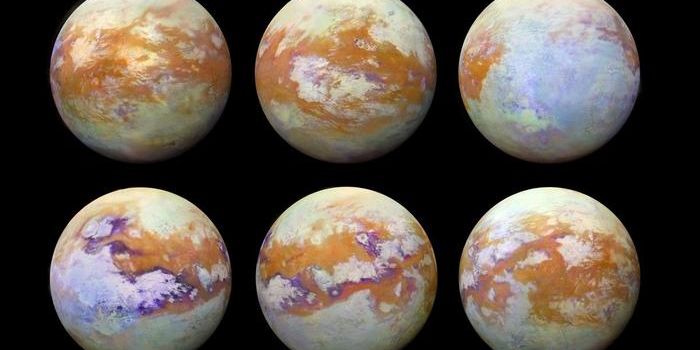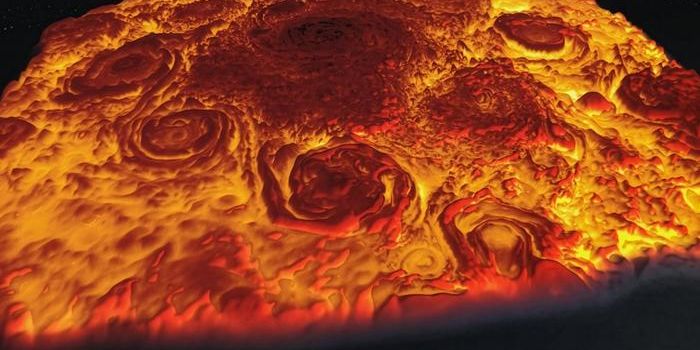CO2-trapping Factory Grows Plants With Pollution
Climeworks in Zurich, Switzerland, is the first industrial air-capture factory in the world. It is currently in the midst of a three-year exploratory demonstration, which began in 2017. The Climeworks plant uses big special fans to suck air into the factory, where CO2 is filtered out. The CO2 can then be repurposed. The factory’s ultimate goal is to remove CO2 from the air, counteract global warming, and reduce air pollution and its associated health risks.
"Highly scalable negative emission technologies are crucial if we are to stay below the 2-degree target [for global temperature rise] of the international community," Christoph Gebald, co-founder and managing director of Climeworks, told E&E News. This target was initially agreed on as part of an international agreement called the Kyoto Protocol, which was tied to the United Nations Framework Convention on Climate Change in 1997. Most nations are currently not on track to meet this standard nor the goals set in later climate talks.
How Climeworks Collects CO2
Climeworks uses giant fans to pull air through the factory. Filters then catch and store the CO2. When they are saturated, they are heated to about 212 degrees, which separates the CO2 for reuse. Currently, the gas is sent to Climeworks’ first customer -- a nearby greenhouse run by Gebrüder Meier Primanatura AG. In this facility, the CO2 can be used to help grow plants like eggplants and tomatoes, and can reportedly increase harvests by 10 to 15 percent.
The CO2 can also be used in food and beverage industries for carbonation or in the creation of fossil fuels. Using synthetic fuel reduces the need for new fossil fuel extraction.
“Instead of releasing more CO2 from fossil fuels, we recycle CO2 that has already been released into the air. We close the carbon cycle,” a statement on the Climeworks site reads.
Can Air Capture Meaningfully Reduce Pollution?
One of the main criticisms of Climeworks and air-capture systems is that they are too expensive to be practical. Catching emissions at fossil fuel plants, where they are more concentrated, can be more efficient. The company admits the current model costs about six times what capture at a fossil fuel plant does, NBC reports.
Supporters believe that with more research, application and development, the cost of air capture can be brought down, and it can play an important role in fighting global warming. For example, successful entrepreneur Richard Branson, who founded the Virgin Group, launched the Virgin Earth Challenge in 2007 to reward a $25 million prize for a commercially viable method to permanently removal greenhouse gases from the atmosphere. While no final prize has been awarded yet, Climeworks was among the finalists.
The Climeworks team plans to continue their work and apply their tech to new commercial endeavors.
"With the energy and economic data from the plant, we can make reliable calculations for other, larger projects," Climeworks Co-founder Jan Wurzbacher said.
Sources:









